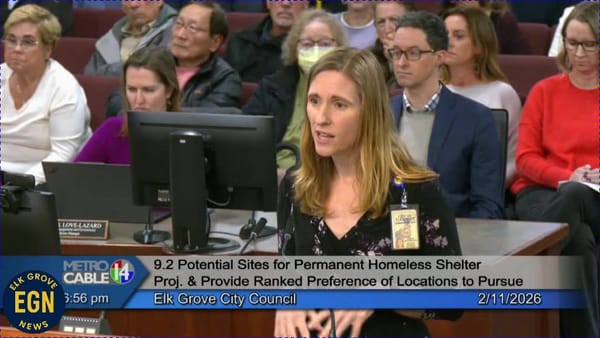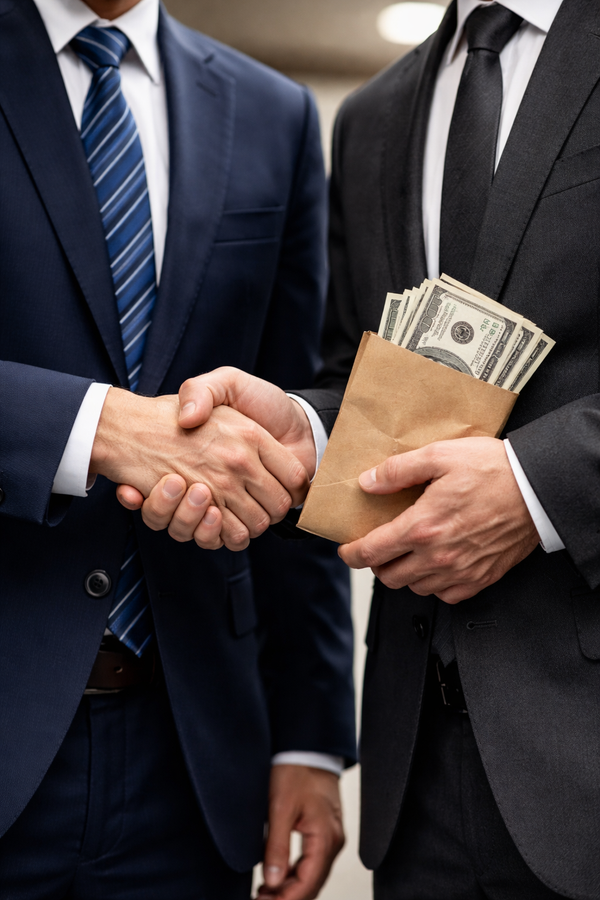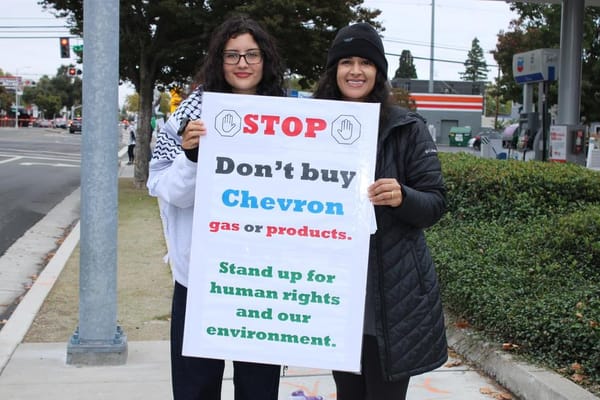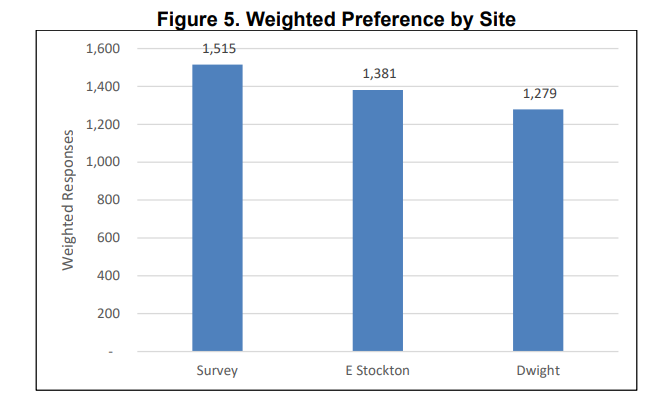With the SCOTUS pro-tobacco ruling, Elk Grove Mayor Bobbie Singh-Allen is in the winner's circle
Last year, Elk Grove Mayor Bobbie Singh-Allen accepted $2,500 from R.J. Reynolds in September 2024 and another $2,000 from Philip Morris USA two months later




